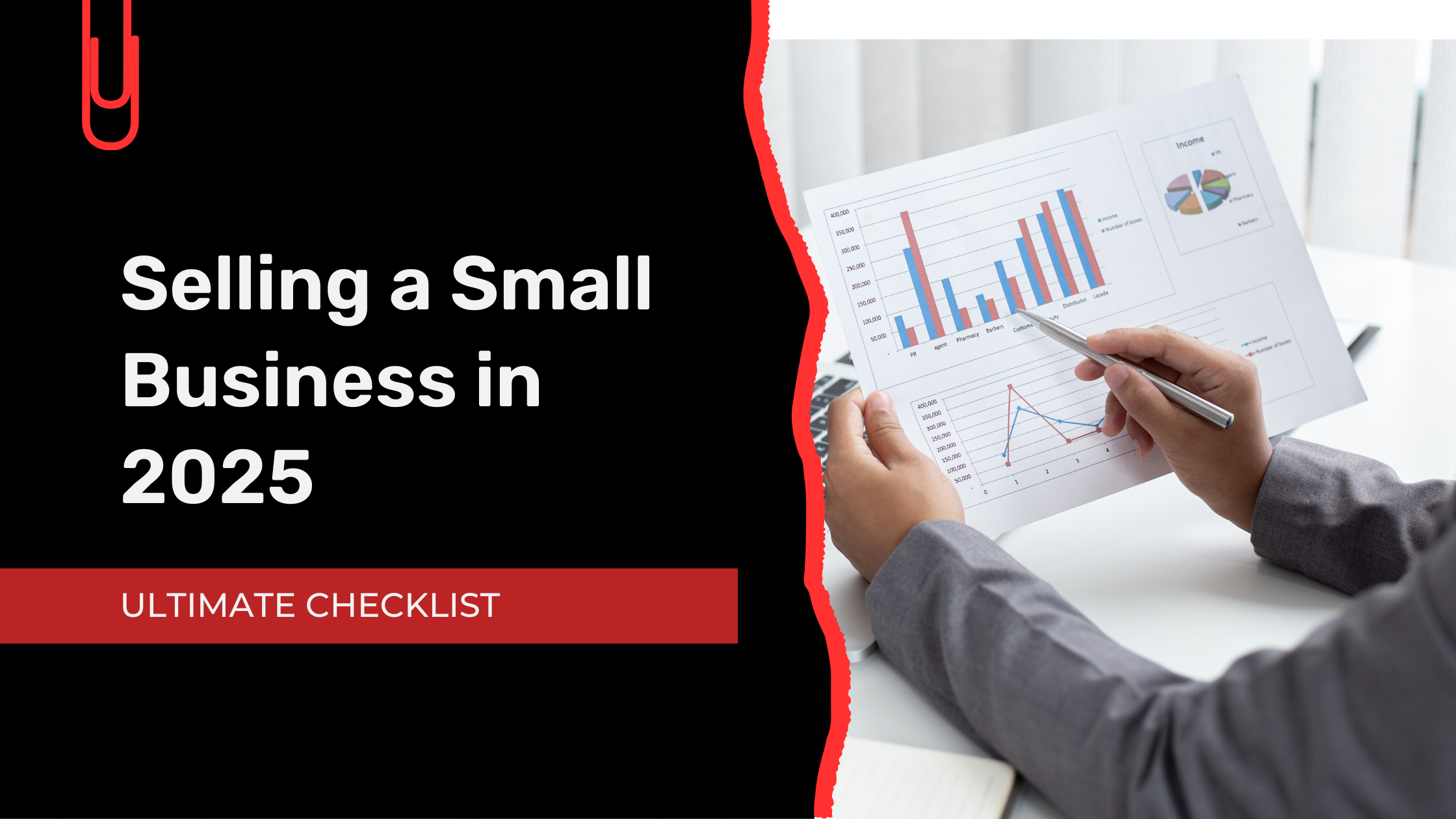
With over a decade of working closely with entrepreneurs, SMEs, and investors in the UAE, we have seen firsthand how securing the right finance can make or break a deal. Financing a business purchase is one of the most critical steps in turning a business opportunity into a long-term success especially in a fast-moving and competitive market like Dubai.
Whether you're planning to take over a running enterprise or investing in a fresh opportunity, understanding the funding process is key. This guide is based on real-world experience and up-to-date financial practices that can help you make confident decisions about your next move.
Step 1: Assess Your Needs
Before looking for funding, take a good look at your goals. Are you buying an existing company, entering a new market, or raising finance for a new business idea?
Ask yourself:
-
Why do I need financing?
-
How much do I need?
-
What’s my repayment capacity?
Having a clear vision and budget helps you find the best-suited financing method and makes your proposal more convincing to lenders or investors.
Step 2: Understand Eligibility
Before you apply, check whether you qualify. Every financing option in Dubai has its own rules, but these are the general boxes you need to tick:
-
Age: Typically, the applicant needs to be 21 years or older to enter into financial agreements in Dubai. However, specific age requirements can vary slightly depending on the lending institution.
-
Credit Score: A good credit score, ideally 700 or higher, is generally expected for favorable financing terms. Lenders use this to assess your creditworthiness and risk of default.
-
Trade License: Holding a valid trade license issued by the relevant UAE authority is a fundamental requirement for business financing. This confirms the legal operation of your business in Dubai.
-
Business History: Most lenders prefer businesses with an established operational history, often requiring at least 1 to 2 years. This allows them to evaluate the business's performance and stability.
-
Turnover: A significant annual turnover, frequently starting around AED 1 million or more, is often necessary. This demonstrates the business's capacity to generate sufficient cash flow for loan repayment.
These criteria help lenders assess how safe or risky it is to fund your purchase.
Step 3: Gather Key Documents
Just like collecting your ingredients before making tea, having your paperwork ready will speed up the process.
You’ll need:
-
Valid trade license (original + copy)
-
6–12 months of bank statements
-
Passport & Emirates ID copies
-
MOA/AOA or partnership agreement
-
Business plan outlining your financing purpose
For large transactions like raising finance to buy a hotel business for sale, add financial audits, VAT records, or property documents as collateral.
Step 4: Explore the 5 Sources of Finance for a Business
Dubai offers a variety of financing options tailored to different needs. Let’s break them down:
Traditional Bank Loans
A classic choice! Banks like Emirates NBD and HSBC offer term loans with fixed or variable interest rates. You borrow a lump sum and repay it over time perfect for covering the full purchase price or operational costs.
-
Benefits: Predictable payments, widely available.
-
Requirements: Good credit, trade license, and at least 1-2 years of business history.
Islamic Financing
Rooted in Sharia law, Islamic loans avoid interest and focus on profit-and-loss sharing (e.g., mudarabah contracts). Dubai Islamic Bank is a key player here.
-
How It Works: You and the lender share risks and rewards, no interest, just partnership.
-
Why It’s Unique: Ideal for those seeking ethical, compliant financing.
Seller Financing
Here, the seller acts as the lender, letting you pay part of the price over time. It’s common in Dubai, with up to 90% of small business sales involving it.
-
Pros: Flexible terms, easier approval than banks.
-
Cons: Risk for sellers if you default, and you might face a balloon payment later.
Leveraged Buyouts (LBOs)
An LBO uses borrowed funds, often a mix of senior debt (secured by assets) and subordinated debt (higher risk) to buy the business. Think of it as a team effort between banks, buyers, and sometimes sellers.
-
Best For: Larger deals or management buyouts.
-
In Dubai: Works if the business has strong cash flow and assets to attract lenders.
Small Business Loans and Startup Financing
For smaller purchases, options like Dubai SME-backed loans or startup financing from banks like Rakbank shine. These come with simpler terms and government support.
-
Perks: Lower barriers, flexible repayment.
-
Catch: Smaller loan amounts.
Other Options
Need equipment? Try equipment loans. Importing goods? Trade finance helps. You could even tap personal savings or family funds for a quick boost.
Pros and Cons of Each Financing Option
|
Option |
Pros |
Cons |
|
Traditional Loan |
Predictable, widely available |
Strict criteria, interest costs |
|
Islamic Financing |
Ethical, no interest |
Complex contracts |
|
Seller Financing |
Flexible, easier approval |
Risk of buyer default |
|
LBO |
Spreads risk, big deals |
Complex, asset-heavy |
|
Small Business Loan |
Simple, government backing |
Smaller amounts |
Not sure which fits? Match your budget, risk tolerance, and business goals.
Step 5: Compare and Apply
After selecting your preferred method, research providers, compare offers, and check:
-
Interest/profit rates (fixed or variable)
-
Repayment flexibility
-
Hidden charges
When you're ready, submit your application with complete documents. Some platforms allow online applications; others require in-person meetings.
Step 6: Finalize the Deal
Once your application is approved:
-
Review the contract carefully
-
Clarify payment terms, penalties, or conditions
-
Sign and complete final steps
The funds will be disbursed to you or directly to the seller if it’s part of a financing for a business purchase deal.
Interest Rate for a Business Loan in Dubai
Rates vary depending on your method and business profile:
-
Traditional Loans: 3%–7% (flat), 2%–6% (variable)
-
Islamic Financing: Profit rates of 15%–20%
-
Small Business Loans: 5%–8%
-
LBOs: Senior debt at 3–5%, subordinated debt at 7–10%
Choosing the right structure is key to raising finance to buy a business efficiently and sustainably.
Tips to Maximize Your Financing Success
-
Know the Rates: Fixed rates offer stability; variable rates might save money long-term.
-
Tap Government Help: Programs like Mohammed Bin Rashid Innovation Fund offer grants or loan support.
-
Protect Yourself: With seller financing, secure extra collateral or insurance on the buyer.
-
Keep It Simple: Aim for 5th-6th-grade readability when explaining your needs to lenders, they’ll appreciate clarity.
Conclusion
Financing a business purchase in Dubai doesn’t have to feel overwhelming. From bank loans to Islamic financing, seller notes to LBOs, you’ve got options to make it happen. Assess your needs, pick the right path, and prepare thoroughly, success is within reach. Ready to take the plunge? Start researching lenders or chat with a business setup expert in Dubai today!












Sharing Is Caring!